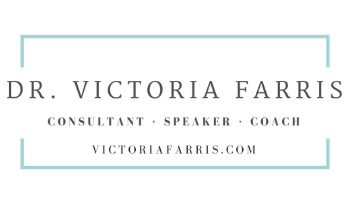On Professional vs. Personal Selves
I’ve been thinking a lot about our professional vs. personal selves and how they overlap…
I work with a lot of clients who want to talk about work and who they are at work.
They want to be more inclusive in their practice, to build their capacity for antiracist leadership.
They aspire to have more confidence and capacity as effective leaders for inclusion and equity. They want to talk about how to facilitate more inclusive, antiracist workplaces.
But when I ask them about themselves, they pause.
They ask why I want to talk about their personal life when they’re here to talk about work. Why does it matter how they feel in their lives or how they think about boundaries with loved ones. What’s the difference between what they desire from life or how satisfied they are with it.
Folks want to keep their “work self” and “personal self” separate.
But we only have ourselves!
And while we certainly wear different hats and show up differently in different spaces, especially for folks with marginalized identities who may have to code switch for survival in workspaces! We are still singular humans.
And our leadership is deeply connected to other parts of self.
An inclusive leader has a deep sense of self, confidence, and worthiness.
She has cultivated deep humility and authenticity that comes from groundedness and understanding of self.
An inclusive leader knows that perfectionism is a myth, embracing authenticity and agency over fear and scarcity.
An inclusive leader knows what they don’t know and takes radical responsibility for both building their capacity* and hiring folks who bring other perspectives, talents, and experiences to the organization
(*This means that an inclusive leader takes radical responsibility for building their multicultural competence, their individual capacity for navigating change and uncertainty, and a collective engagement around topics of equity, inclusion, and belonging. They know that it is their job to be competent, capable, and to have the necessary skills to navigate identity consciousness!)
An inclusive leader trusts himself and in turn trusts his team and colleagues.
And all of this requires deep self-awareness, self-acceptance, self-compassion, and healing.
It requires a willingness to look at the parts of us that we wish were different, the core wounds that interfere with our confidence and worthiness. To wrestle with our ego and self-concept, shifting our patterns and beliefs into new ways of being and seeing.
Inclusive and Antiracist leadership is personal development work as much as it’s professional development work and the sooner that we accept that belief, the sooner we can get to work cultivating more equity and inclusion in our organizations.
There is literally no better time than now to make the commitment.
Let’s get started today!
In solidarity and gratitude,
Victoria
P.S.- Learn more about coaching with me and the Disrupters Group Coaching Community today!

